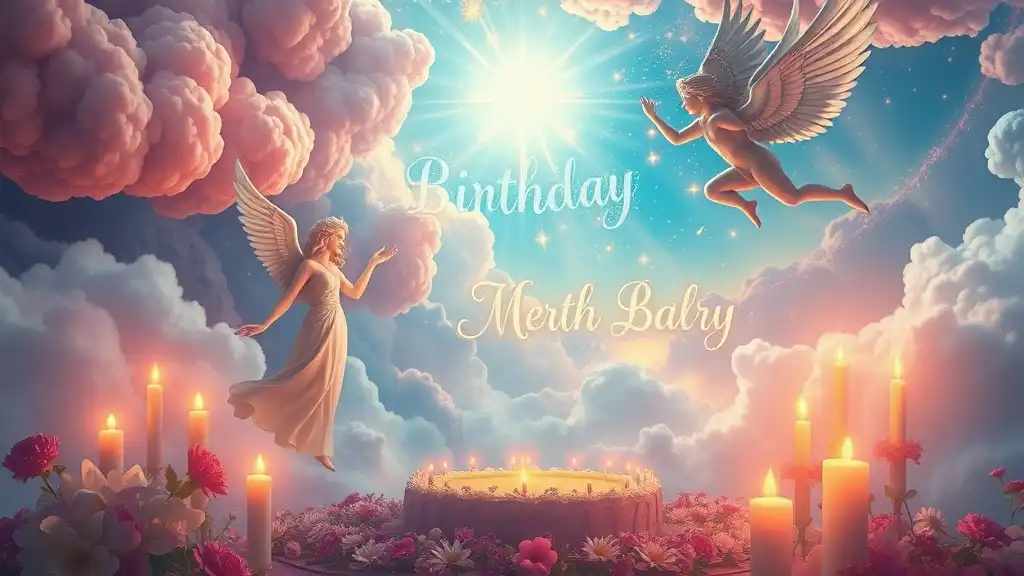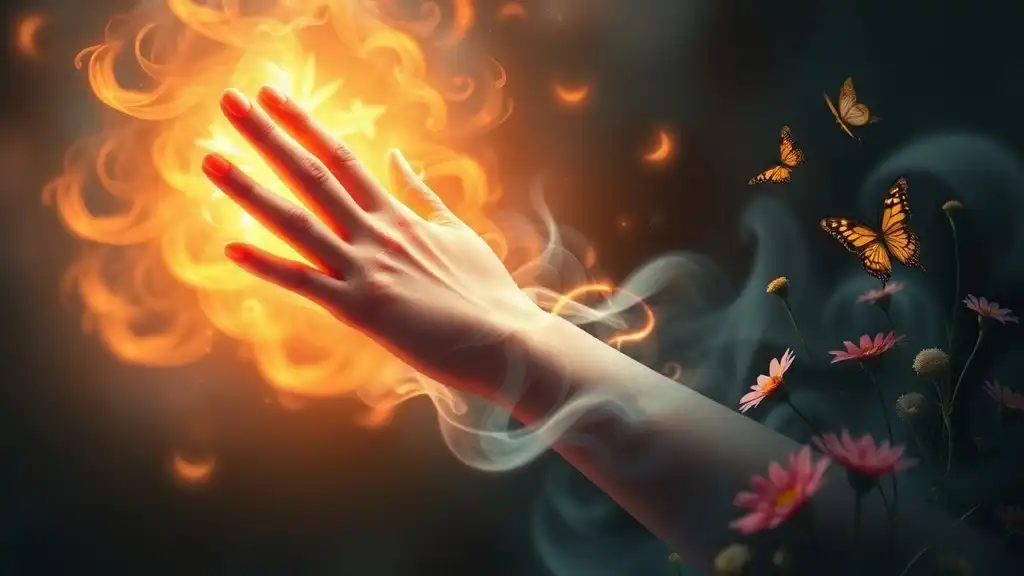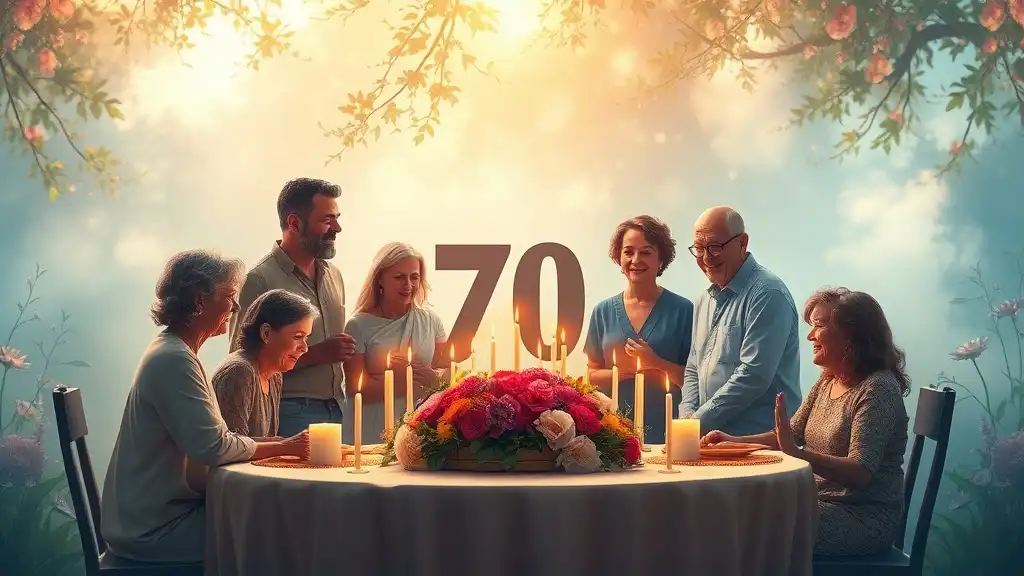Overview of the Topic
Dying on your birthday is a profound experience that evokes a myriad of emotions, beliefs, and interpretations. It intertwines the essence of both life and death, creating a powerful narrative that many find intriguing. This phenomenon doesn’t merely signify the end of life; it can also embody a deeper spiritual meaning, resonating with cycles of renewal, transition, and a cosmic connection.
Importance of Birthdays in Spirituality
In various spiritual practices, birthdays are not just celebrations of individual existence but also markers of significant life transitions and milestones. They represent a time for reflection, gratitude, and the reevaluation of life’s purpose. Some traditions see birthdays as windows to the universe, wherein the energies aligned with your birth can be harnessed for personal growth.
The Symbolism of Birth and Death
Birth as a New Beginning
Birth is often seen as the dawn of a new existence. It symbolizes hope, potential, and the start of a unique journey. In many cultures, every birthday is viewed not just as a celebration of entering the world but as a sacred moment of receiving blessings and setting intentions for the year ahead.
Death as a Transition
Conversely, death is not simply an end; it is a transition to another state of being. Across various traditions, it is seen as a passage into a new realm where the soul continues its journey beyond physical limitations. To die on one's birthday may reflect a closure of the earthly experience and the opening of a new chapter in the spiritual realm.
The Cycle of Life and Rebirth
The concept of life and death as cyclical is vital in uncovering the spiritual meanings behind dying on one’s birthday. The ancient belief in reincarnation regards death not as the termination but as the continuation of the soul's journey. Celebrating a birthday symbolizes the beginning of each cycle, making the intersection of these two events particularly powerful.

Cultural Interpretations of Dying on Your Birthday
Western Beliefs and Traditions
In Western cultures, there are various interpretations of dying on one’s birthday. Some may see it as a tragic end, layered with grief and sorrow. Others might consider it a deeply significant event that resonates with the idea of completing one’s life journey. In some belief systems, it is thought to symbolize a soul’s divine choice to leave this physical form during a moment that carries personal meaning.
Eastern Philosophical Perspectives
Eastern philosophies, particularly in Buddhism and Hinduism, often emphasize the idea of karma and rebirth. Dying on one’s birthday can be viewed as a completion of karmic lessons and fulfilling the life purpose associated with that particular birth year. It may represent the culmination of one cycle and the immediate preparation for the next, infused with rich spiritual significance.
Indigenous and Ancestral Views
Many indigenous cultures honor anniversaries related to birth and death as sacred rites of passage. Dying on one’s birthday may be seen as becoming one with the ancestors, embodying a sacred return to the earth. Rituals surrounding such transitions often focus on healing and honoring the cycles of life, connecting both the deceased and the living in a shared spiritual journey.
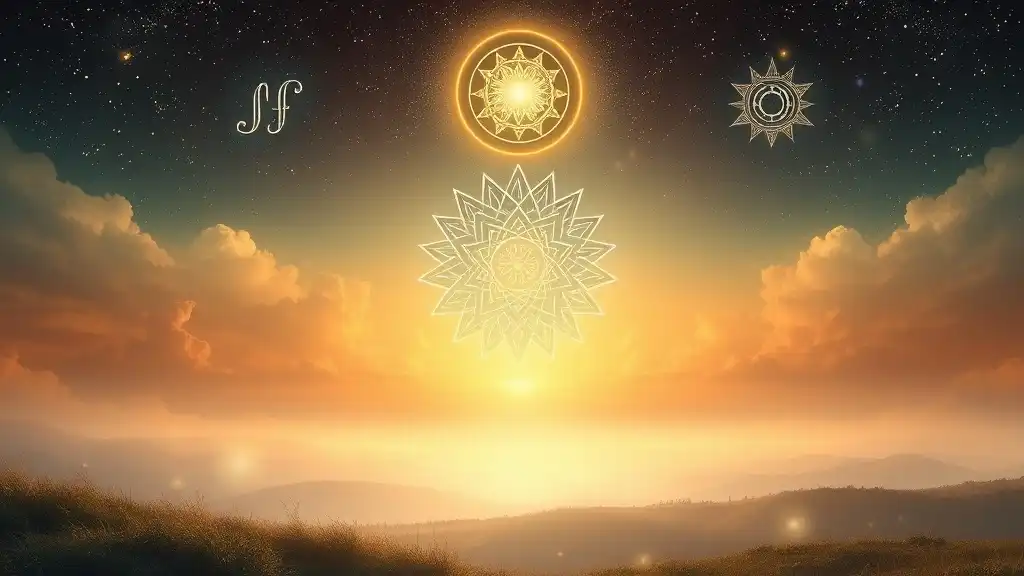
Spiritual Significance of Dying on Your Birthday
The Concept of Life’s Full Circle
When someone passes away on their birthday, it can symbolize the full circle of their life. It is a poignant reminder of the cyclical nature of existence—how we transition from life to death and, perhaps, back to life in another form. This extraordinary alignment can instill a sense of peace, recognizing the natural order of the universe.
Completing Your Life Purpose
Many believe that dying on your birthday signifies the completion of one's life purpose. When a person has fulfilled their destiny, the birthday becomes a moment of closure and celebration—an acknowledgment of the journey taken. This completion can also encourage reflection on the lessons learned during their life, fostering peace among those left behind.
A Cosmic Celebration or Farewell?
For some, dying on one’s birthday can embody a cosmic celebration. It may symbolize the universe aligning in such a way that the separation from physical form is a joyful transition into a new state of being. Friends and families might interpret this as the departed soul being welcomed into a higher plane of existence—encouraged to celebrate their life rather than mourn their passing.
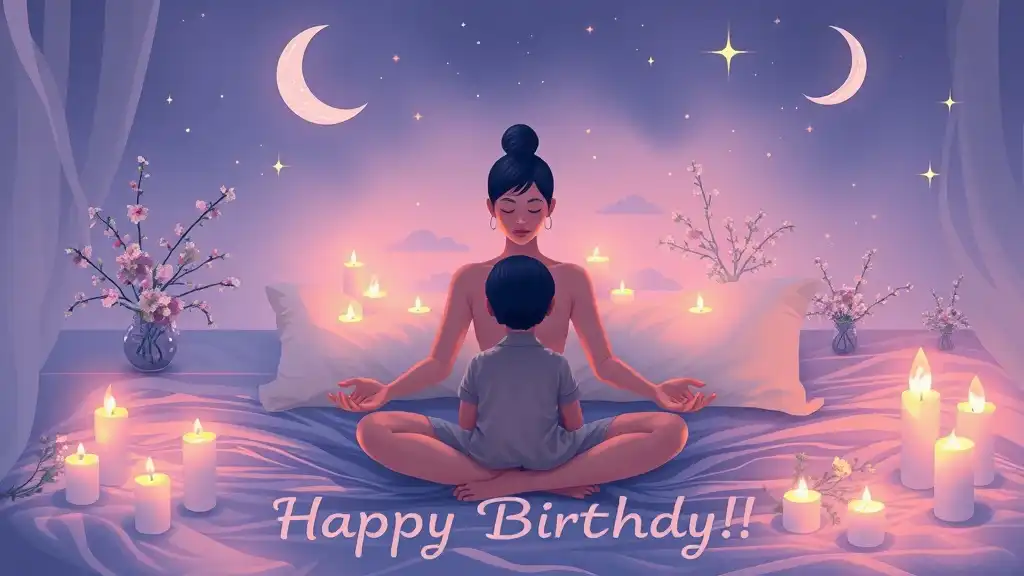
Signs and Synchronicities
The Role of Numbers in Spirituality
Numbers carry significant spiritual meanings. The date of one's birthday may hold particular relevance within numerology, revealing insights about the individual's life path and purpose. Dying on this date can amplify the spiritual messages tied to those numbers, leading many to explore what numerological significance this event holds.
Personal Meanings Associated with Dates
Each person has a unique relationship with their birth date. For many, it represents hope, love, and new beginnings. If someone dies on this day, those left behind may find comfort in believing that their loved one has transitioned within the energy of their personal significance, perhaps opting for such an impactful choice consciously.
Messages from Beyond
Family members and friends often report experiences of signs or synchronicities that occur after a loved one passes, particularly on their birthday. These may manifest as dreams, visions, or encounters that provide reassurance and convey messages from the departed, fostering a sense of connection that transcends physical boundaries.
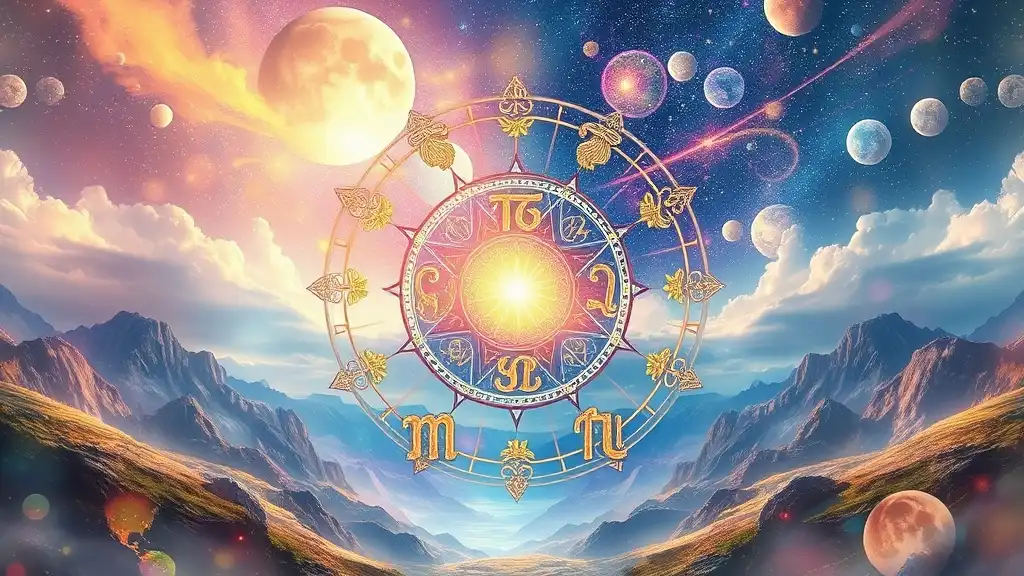
Personal Stories and Anecdotes
Accounts of Individuals Who Died on Their Birthday
Throughout history, there have been numerous poignant accounts of individuals who passed away on their birthday. These stories often carry deep emotional weight and illuminate the impact one has on the lives of others, suggesting that the timing of their departure holds significant meaning.
Lessons Learned from Their Lives
Such narratives serve not only as reflections on the lives lived but also as lessons for those remaining. They encourage the living to appreciate the fleeting nature of life, to embrace personal growth, and honor the connections that persist beyond the physical realm.

How to Cope with the Loss
Embracing Grief as a Spiritual Journey
Coping with the loss of someone who died on their birthday requires embracing the grief as a spiritual journey. Acknowledging one's feelings, allowing the space to grieve, and recognizing that this process is sacred can help heal the wound left by their departure.
Celebrating the Life of Loved Ones
Instead of allowing grief to overshadow the day, it can be therapeutic and meaningful to celebrate the life of the departed. This can be done through honoring traditions they cherished, reflecting on happy memories, or engaging in activities they loved—an acknowledgment of the joy they brought to life.
Finding Meaning in Memories
Transforming grief into a celebration of memories can foster healing. Sharing stories, creating memorial rituals, and contemplating the lessons imparted by those who passed can imbue a sense of ongoing connection and spiritual transcendence. The birthday can then serve as a dual occasion of remembrance and honor.
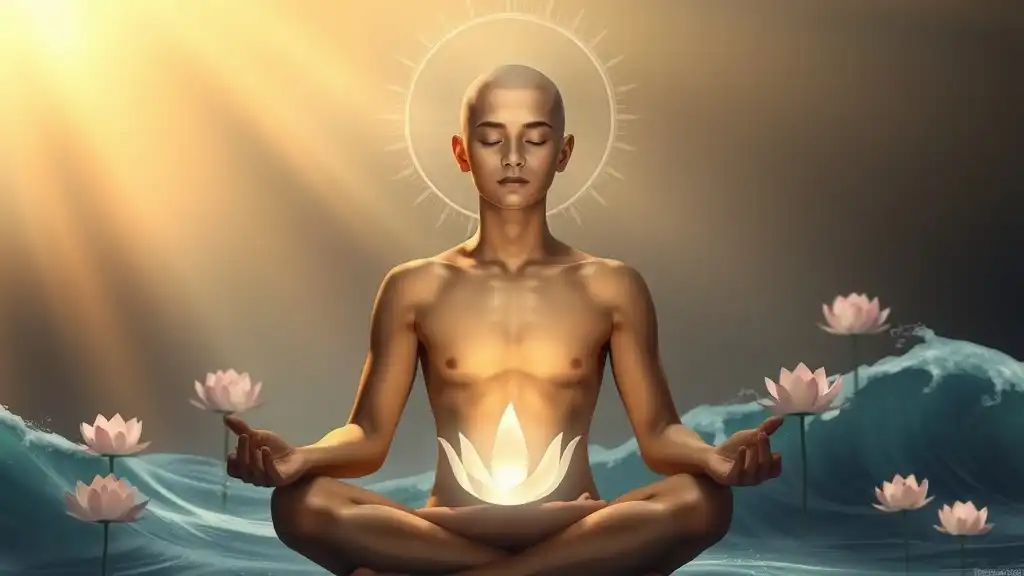
Conclusion
Reflecting on the spiritual dimensions of dying on your birthday invites us to consider the intricate tapestry of life, death, and rebirth. It serves as a reminder to celebrate each moment and recognize the spiritual implications interwoven through our experiences. As we navigate our journeys, may we embrace the beauty of both life and death, honoring them as sacred transitions within our shared existence.

